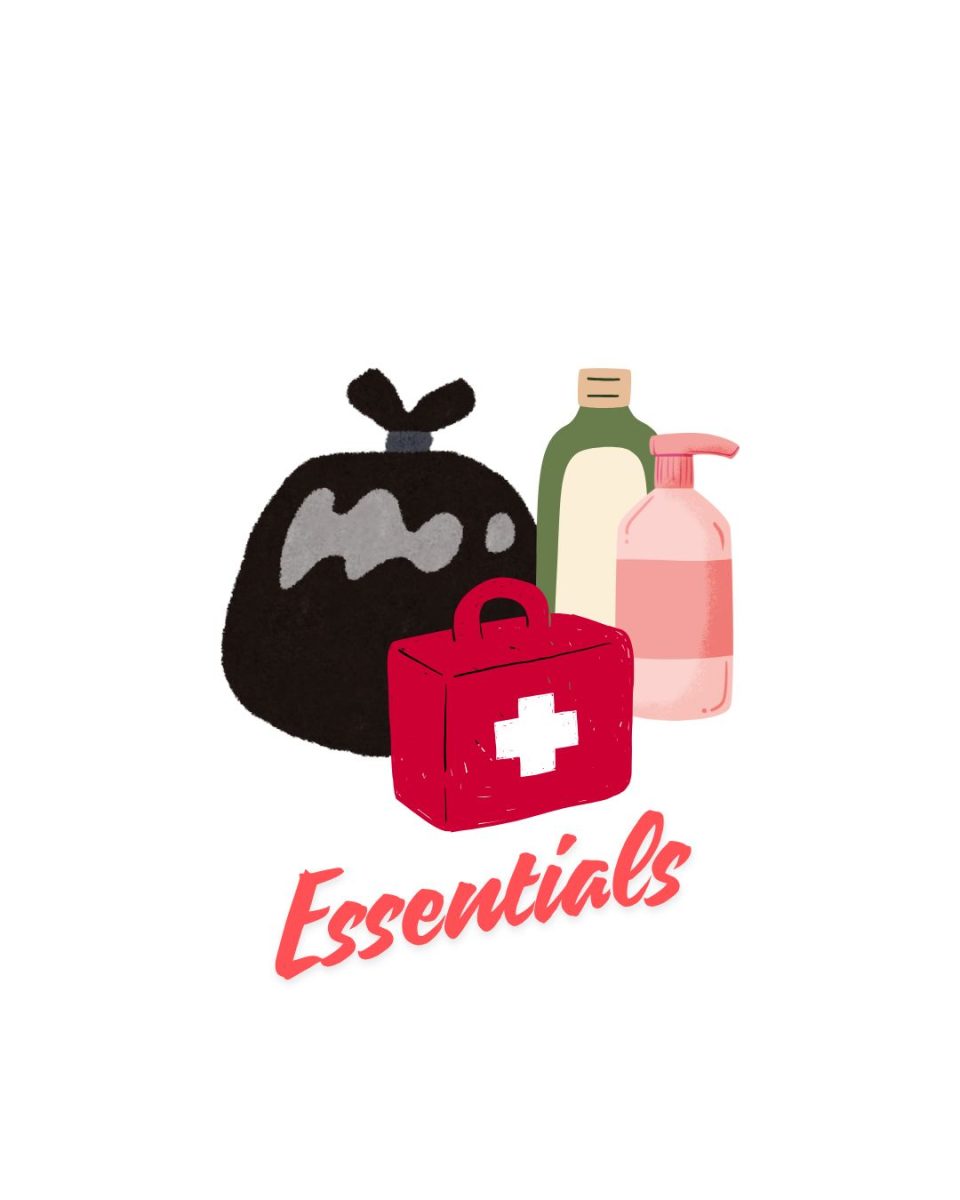College is the time in our lives where our schedules are packed and we just don’t have the time to sit down and eat. We are worried about preparing for assignments, midterms, finals and having some sort of social life that sometimes we do not have enough time to eat.
“Before long, having ‘lunch’ at 4 p.m. becomes the norm, and seeking out healthy options is no longer a priority,” Spoon University said.
Another possible reason for not eating could be that an individual may face daily food insecurities. The study Prevalence and correlates of food insecurity among students attending a midsize rural university in Oregon found “high levels of food insecurity was due to the limited or uncertain availability of healthy foods due to high costs, leading to higher risk of malnutrition.”
Have you experienced not eating throughout the day?
Did you know that it’s quite common for college students to be prone to malnutrition? Malnutrition is when an individual is not getting enough vitamins, minerals, proteins, carbohydrates and healthy fats to meet your body’s needs. There is a misconception that only people that do not eat have malnutrition; this is false. Malnutrition can happen to anyone. It’s like a car running on fumes about to give out from the lack of fuel.
We have one life and we need to take care of our health, so we can live life to its fullest.
What are side effects of not eating enough?
Uloop College Health News lists a few symptoms of malnutrition, “fatigue, weak muscles, all-day lack of energy, irritability, and dizziness.”
As a college community we need to make sure to allow time just to eat.
A helpful tool is the Fooducate-Nutrition Tracker. This app helps you track your nutrition intake and makes sure you are taking in enough nutrients. You could also look to see if your campus offers nutritionists services.
Another great tool to have as a college student is the United States Department of Agriculture- Myplate on campus Toolkit.This tool is helpful in offering college life tips like choosing foods that have nutrients, and how to better your health. You can find more tips on United States Department of Agriculture- Nutrition at College.
For questions/comments about this column, email [email protected] or tweet @TheWhitOnline.
























































































































































!["Working with [Dr. Lynch] is always a learning experience for me. She is a treasure,” said Thomas. - Staff Writer / Kacie Scibilia](https://thewhitonline.com/wp-content/uploads/2025/04/choir-1-1200x694.jpg)









































